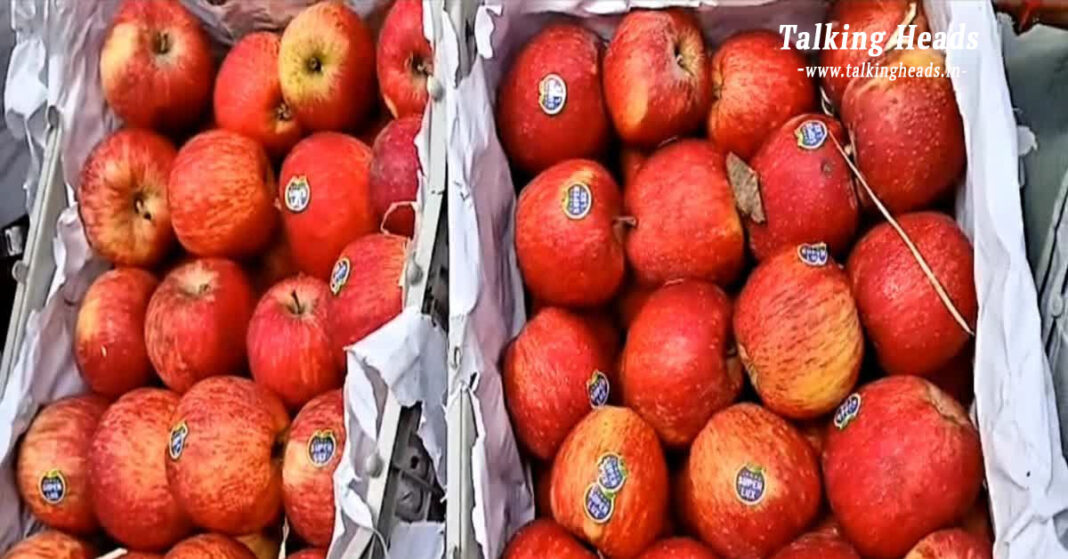India Cracks Down on Foreign Propaganda: Blocks X Accounts of Turkish and Chinese State Media
In a decisive move against misinformation, the Indian government has blocked the X (formerly Twitter) accounts of Turkey’s TRT World and China’s state-run outlets Global Times and Xinhua.
Table of Contents
Officials allege these media channels disseminated misleading stories, including false claims about Pakistan’s drone activity and incursions along the Indian border. The Ministry of Electronics and Information Technology invoked provisions under the IT Act to enforce the ban, underscoring its commitment to national security and responsible media reporting.
Indian Traders Reject Turkish Apples: “They Supply Drones to Pakistan”
The diplomatic strain is now rippling through trade channels. Indian importers have publicly declared a boycott of Turkish apples, citing Turkey’s alleged defense cooperation with Pakistan.
“We’ve decided not to sell Turkish apples anymore. It’s a matter of national interest.”
India annually imports goods worth ₹1,200 crore from Turkey, a substantial portion of which includes agricultural products like apples. The recent stance by Indian traders could significantly impact bilateral trade, especially in the food sector.
Nationwide Boycott Gathers Momentum Across Trade Hubs
The boycott is not isolated. From Delhi to Uttar Pradesh to Maharashtra, traders are uniting against Turkish imports. Shadab Khan, a prominent trader, explained the broader sentiment: “We’re boycotting all Turkish goods, not just apples. Turkey supports Pakistan, and that’s unacceptable. We’ve cut off all business ties and will not import anything from Turkey in the future.”
The coordinated resistance highlights the strong political undertone in business decisions. The Indian trader community, traditionally driven by margins, is now aligning its practices with broader national interests.
Turkey’s Economic Losses May Worsen Amid Strategic Boycott
With annual exports worth ₹1,200 crore to India, the loss of one of its fastest-growing markets could have long-term consequences. Agricultural exports, already under global pricing pressure, may find it difficult to secure alternative markets swiftly.
Analysts suggest this could be a turning point in India-Turkey trade relations. As New Delhi pushes for self-reliance and strengthens its geopolitical alliances, countries perceived as backing India’s adversaries may face increasing economic pushback.
National Security Now Influencing Trade Policy
India’s decision to block state-run media from Turkey and China reflects a broader shift in how the country handles cross-border information warfare. Simultaneously, the grassroots-level boycott by traders sends a clear message: national security and sovereignty are taking precedence over trade profits.
As the geopolitical landscape continues to evolve, India’s response suggests a more assertive approach in both media control and economic diplomacy.










